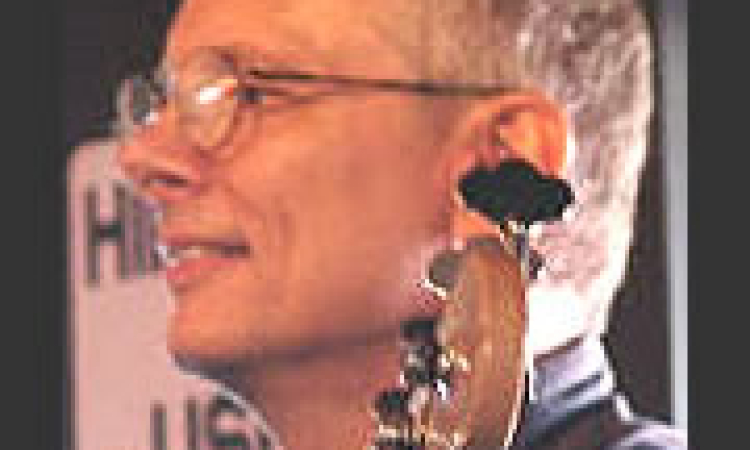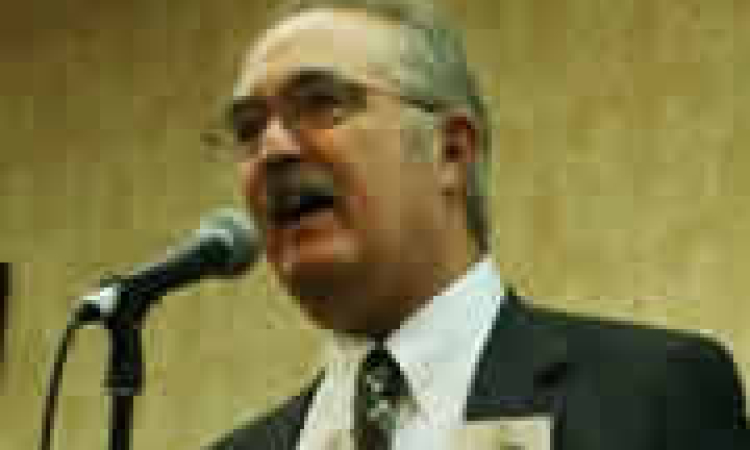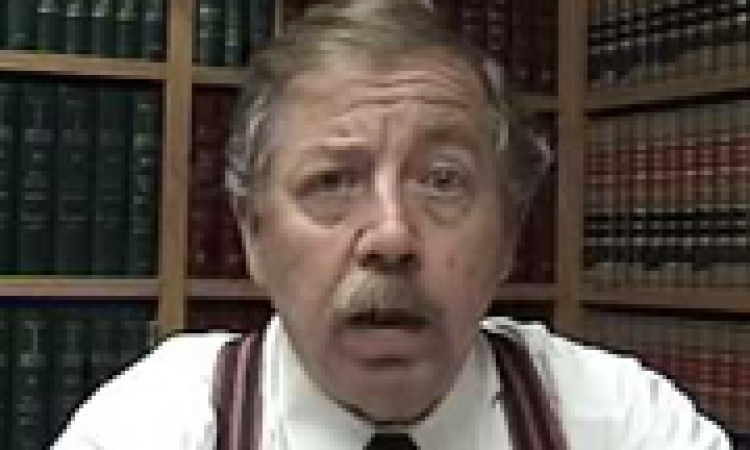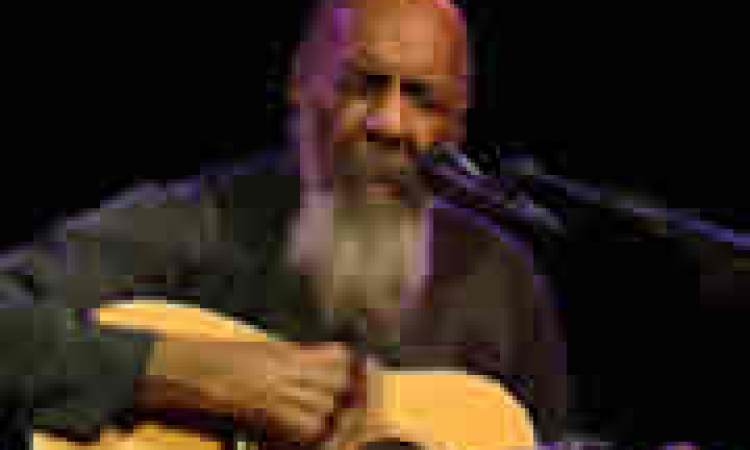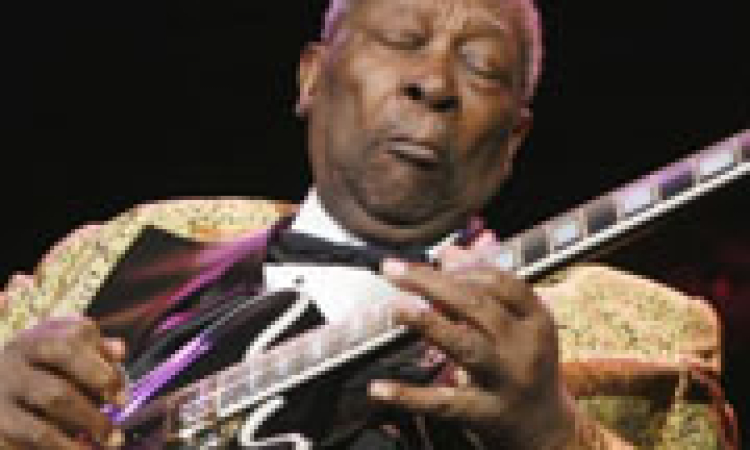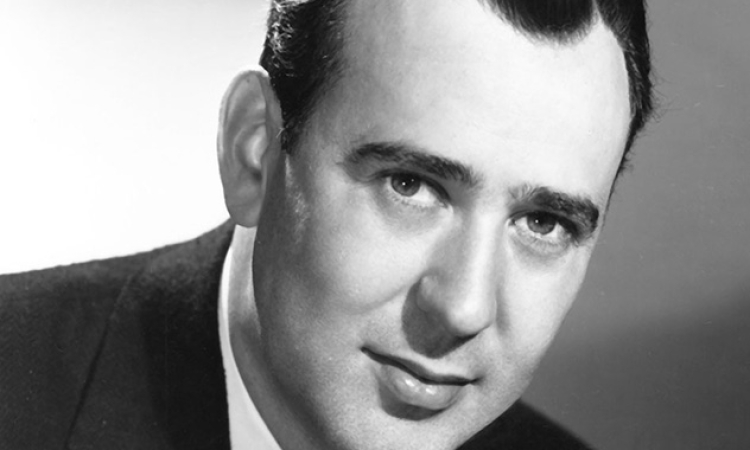Common Law
Disclaimer – WE ARE NOT ATTORNEYS! You are advised to conduct your own research carefully before using this material. Neither Freedom Bound International nor any of its agents or representatives assume any liability or responsibility to anyone with respect to any actions which may result from the use or misuse of this material or these programs, or for any loss or damage caused or alleged to have been caused directly or indirectly therefrom. It is your sole responsibility to verify that the information in this material is accurate and that the statements contained therein do accurately reflect your personal character and status in this regard. Freedom Bound International has acted solely as a provider of information in this matter. Our staff of consultants understand the proper application of common law, incorporating court rulings in their evaluations and recommendations. In America today it is extremely difficult to access common law without a thorough knowledge of the court system. We will help educate you so that if necessary, you can better represent yourself in court. Call 1-888-385-3733 to make an appointment for a consultation. Our consultation fee is Two Hundred Fifty (250) dollars per hour.
Common law is based on British Ecclesiastical law, the Magna Charta of 1215, and the Ten Commandments and Holy Bible. Common law is unwritten law, which people all over the world generally understand and accept as the way to interact with others with respect to natural rights. Common law can be summed up by saying, "you can do whatever you wish, so long as you do not harm anybody in the process. "Harming anybody in the process" means violating the natural (life, liberty, property) rights of another.
Common law is regarded as the Law of the Land in the uSA. This means that the common law attached to the land itself before there were any governments here. Common law cannot be repealed, abridged, amended, or ignored (even though portions of statutory law claim to have replaced the common law). This is because no man or woman has the authority to alter the Laws of the Creator, on which common law is based.
Under common law, there can be no crime without there being a damaged party. The "State" is not a "real party in interest" and so cannot claim to be a damaged party and thereby prosecute "victimless crimes." In reality, under common law there can be no crime without there being a victim. In other words, common law does not allow for "crime prevention," because in order to prevent a crime (damage to another) from happening, then a law-abiding Citizen must have his liberty arrested (before he harms someone). Under the system of governance established by our Founding Fathers, it was unacceptable to encroach upon the natural right to liberty belonging to each Citizen, unless there was first a damaged party issuing a complaint against an individual. Only then could the government charge the accused party with commission of a crime. Freedom allows for anyone to harm anyone else... once only, if the government acts properly to deal with the crime.
Common law venue courts are courts of the people. If a crime is alleged to have been committed, the accused party is entitled to a fair trial, in which members of his own community are gathered into a jury of twelve. Jurors are picked at random and there are no provisions for disqualification of jurors based on their personal beliefs or political positions. Members of the community are conscripted to serve as judge (who is only a referee) and constable (bailiff). The jurors themselves ask questions of the accused and accusing parties and their witnesses. The judge acts only as an impartial referee, whose primary task is to keep the adversarial parties on track, ensuring that the proceedings move forward swiftly and with proper focus by all parties. The judge is a minor official in a common law venue court.
A common law civil action for damages requires that a security bond be put up by the plaintiff, equal to twice the amount being asked for in damages. If the lawsuit turns out to be frivolous, then the bond is forfeit - one half to the accused party (whose character has been assassinated by virtue of the accusation itself), the other half to the jurors and court officers, who had to take time away from their jobs to serve the court. By their very nature, common law proceedings preclude frivolous lawsuits.
Common law cannot ever be repealed, because it is fundamental to the land itself, before there were any governments. The Uniform Commercial Code (U.C.C.) governs all statutory courts today. U.C.C. 1-103 requires that all proceedings be conducted in harmony with the common law. This can be useful if you ever find yourself in a statutory court, because once invoked, the rules of common law must be addressed, and under common law there is no crime if there is not a damaged party (who has signed a complaint against you).
There are no true official common law venue courts today, except for the U.S. Court of Claims in Washington, D.C. However, many unofficial common law venue courts of the people have been established throughout the Union.
Services FAQs
Does Freedom Bound International act as Fiduciary Owner for PTOs?
If I place a business or other revenue-generating asset into a PTO, am liable for income tax?
Earnings that come into the trust belong to the trust, which has no IRS reporting requirements or inherent tax liabilities.
Further, any payments made to you by the trust, whether salary or distribution, are private in nature and therefore, unless you choose to report your private earnings to the IRS, you are generally not liable for income tax on those amounts. However, do your own research in order to determine if you are liable for any tax.
If I place real property into a PTO , does property tax still have to be paid on it?
If you wish to opt out of property taxes, first be advised that you should not attempt to do so unless you are prepared to fight that particular battle. Opting out of property taxes will someday likely result in a confrontation with government, which will not let go of control of property easily.
For more information on opting out of property taxes, call 888-385-3733 to set up a consultation.
If I have a judgment or lien against me, can property previously placed in a PTO be seized?
If I place my property in a PTO, do I still have complete control over it?
When you put property into a PTO, you divest yourself of legal control of the property. However, in a properly designed PTO you retain practical control, which is what most people want in the first place.
The question of who has legal control over the property determines whether or not the trust will actually be successful in protecting the property from regulations, taxation, control, etc.
You can ensure that your wishes concerning trust property are respected by working with your Protector, whose job is to protect your interest in the trust.
If I place my property in a Pure Trust Organization, do I still own it?
No. The reason a Pure Trust protects property for you is because you give up ownership of the property, along with its inherent liabilities. However, you retain the beneficial interest in the trust.
This also means that nobody can make a claim against the property held in trust to satisfy an alleged grievance against you.
Is the purpose of a Pure Trust Organization to avoid taxation?
Actually, the primary reasons most people set up a PTO are privacy, liability protection, and freedom from probate and inheritance taxes.
However, PTOs do not have any inherent tax liabilities. A PTO will sustain a tax, however, if it engages in a taxable activity.
Have the courts ever upheld a Freedom Bound International Pure Trust Organization as valid?
Our trusts have sustained both IRS challenges and court proceedings. In each and every case, our trusts have been left alone.
In the case of the court rulings, they involved spouses of clients who were divorcing their husbands, and who wanted to pierce the trust veil of protection. In each case, the courts refused to pierce the trust veil, thereby upholding the status quo.
Under what law does a Pure Trust Organization operate?
Additionally, the U.S. Constitution, Article 1, Section 10, prohibits government from obstructing the obligation of contract. In other words, private contracts are constitutionally protected from government infringement.
What is a common law lien?
A common law lien is a claim established against property over which the lienor has legal possession. It reflects the interest the lienor has in the liened property.
How do I calculate the amount of my common law lien?
Equity. This includes the actual principal you have invested in the purchase of the property. It does not include any interest payments on loans.
Do I need to go to court in order to obtain a common law lien?
No. Since you place the lien against your own property in order to secure your interest in the property - in other words, to secure what the property owes you - there is no controversy and so it is not necessary to go to court. You are simply liening your own property in order to secure your interest in it.
Will a common law lien help me to defend against a foreclosure on my property?
Yes, if the lien is recorded before the foreclosure is initiated. Once a foreclosure has begun, it is not possible to place a common law lien on property subject to the foreclosure.
Can a common law lien prevent IRS seizure of my home?
Possibly. Liens are paid based on their respective character, regardless of when a given lien was filed. Mechanic’s liens are always the first liens paid. Common law liens are second. Mortgages are not true liens - they are forms of chattel. IRS Notices of Lien are not liens at all. Therefore, a properly recorded common law lien will secure the lienor’s interest in the liened property. Neither the IRS nor any other party (including a mortgagee) will be able to obtain clear title to property that has a common law lien recorded against it, until and unless the common law lien is paid.
Can I record a common law lien against property that has been placed into a Pure Trust Organization?
Yes, as long as you are still living on the property. Remember, a common law lien is placed on property over which the lienor has legal possession. If you are the General Manager/caretaker of the property held in trust, you can record a common law lien against the property because you have legal possession.
Can I place property into a Pure Trust Organization if it already has a CLL recorded against it?
No. A lien freezes title and so in order to transfer property into a Pure Trust Organization - or any other entity - any existing liens must first be removed. As long as a common law lien exists against a piece of property, that property cannot be transferred to a new owner.
How do I remove a common law lien that I have recorded against real property?
Either by recording notice that the lien has been paid or recording a notice of Satisfaction of Lien at the same County Recorder where the original lien was recorded.
If I have recorded a common law lien against my property and then record a Satisfaction of Lien...
If I have recorded a common law lien against my property and then record a Satisfaction of Lien so that I can transfer the property into a Pure Trust Organization - or anywhere else - can I then reinstitute the common law lien and again record it with the County Recorder?
No. Once you have recorded a notice of Satisfaction of Lien, then the lien has been satisfied! You cannot “reactivate” it, because it no longer exists. However, if you establish a new claim against the property then you can record a new common law lien.
Do I give up control of my situation by hiring you under this program?
Absolutely not. At no time do you give up control of the situation. You are the principle; we act only as an agent. We are obligated to act on your behalf, which means you always call the shots.
Is my family included in your program?
We have a family plan available, which includes up to fifteen (15) hours of consultation time.
How much time is included with the Preferred Client Program?
The basic program includes up to ten (10) hours of consultation time. If you use up that time before the expiration date of your program, then you can either purchase a new ten-hour time block at discounted prices, or you can pay as you go, at the regular consultation rate of 250 dollars per hour.
If I encounter a serious problem on a weekend or evening, will you be immediately available to help me deal with it?
Yes. If the problem is really serious, we will get to work on it immediately, regardless of whether it arises on a weekend or evening. That’s what we do for our Preferred Clients.
Why is it better for me to hire you as my private counsel instead of handling these matters myself?
Whenever you have an agent working on your behalf, you have certain lawful remedies that would otherwise not be available to you. Additionally, working with an agent can decrease your personal liability.
Can you write letters to the IRS for me?
Yes. As your private counsel (non-attorney), we are authorized to sign letters on your behalf. We can respond to IRS letters and notices on your behalf.
Can your Preferred Client Program help me with legal problems?
We are not attorneys. We cannot represent you in a statutory court. We cannot render “legal advice” to you. If you require a legal professional then you need to hire an attorney. We can, however, provide paralegal-type services, including preparing court documents, reviewing processes, and offering recommendations and strategies as to how to proceed in a legal venue.
Can I place my house in an LLC?
Yes you can. However, you obtain greater privacy by placing real property into a Pure Trust Organization. LLCs are more effective working with other entities - individual and/or artificial - in connection with activities that are statutorily controlled. An LLC’s activities are exposed and subject to statutory scrutiny, taxation and control.
Can I open a bank account with an LLC?
Yes. Banking is a standard use for LLCs. As manager of the LLC, you can be the signatory on the bank account without sustaining direct liability.
Why is it better for an LLC to act as an agent instead of a principal?
The Law of Agent and Principal states that the agent cannot be held liable for actions taken in good faith on behalf of the principal. As long as the LLC acts as an agent for other parties, it generally does not carry liability for any damage that might occur as a result of its activities.
What does it mean for an LLC to act as an agent instead of a principal?
It means that the LLC is acting on behalf of other individuals or artificial entities rather than directly owning assets.
Can I run my business out of an LLC?
Yes. An LLC is ideally suited for running a business in the United States. However, there are ways of utilizing an LLC that provide less exposure and greater liability protections. For example, we recommend always using an LLC as an agent; never as a principle.
Can I use the IBC to conduct business in the United States?
Yes you can. However, a better suggestion is to set up a Limited Liability Company (LLC) for your business activities in the U.S., and have the LLC owned exclusively by the IBC (which is controlled by the PIF, which is controlled by you).
Why is it necessary to set up both a PIF and IBC in order to enjoy Total Asset Protection?
The PIF provides the literal foundation (no pun intended) for your asset protection structure. The PIF is controlled by you. The IBC is controlled by the PIF.
Only the IBC can conduct business, but without the PIF as part of the structure, you would end up with direct control of the IBC. This would give you “interest in a foreign corporation”, which the IRS can use in order to assess taxes to you. With the PIF as shareholder, you can honestly say (and the public record will confirm) that you do not have an interest in any foreign corporation.
Additionally, the PIF can be used to provide for you and your family. It can own property, hold or invest money, own precious metals, etc. You can instruct the PIF to send regular stipends to your favorite relatives, or provide for your family after you die. The PIF structure is unbreakable.
The IBC can conduct business anywhere in the world. Between the PIF and IBC, you can do almost anything while retaining both privacy and control.
I have heard rumors that Americans can no longer open bank accounts for foreign artificial entities. Is that true?
No. We are on the cutting edge of banking privacy. We continually monitor banking regulations and so are prepared to locate the most private, least intrusive banking for our clients. It is certainly harder to find private banking these days, but we have succeeded. We can help you set up banking in other countries.
Does a PIF or IBC have to pay IRS income taxes?
If any entity - foreign or domestic - engages in activities that are subject to the Internal Revenue Service income or other taxes, then that entity sustains a tax assessment. However, there is no reason why your foreign entities ever need to engage in such activities.
If you strategically plan how best to accomplish your personal and professional objectives, then neither your PIF nor IBC ever need become subject to IRS jurisdiction.
In your Total Asset Protection structure, what is the relationship between the IBC and PIF?
The PIF is the exclusive shareholder of the IBC. This gives the PIF direct legal control over the activities of the IBC (while you control the PIF).
How can a PIF help me to reduce my domestic taxes?
I am not a tax attorney and so I cannot provide legal tax advice. If that is what you need, please seek out a tax professional.
However, I can provide you with at least one basic example. Under Panamanian law, a PIF can loan money that never needs to be paid back, as long as the annual interest payments are made. The PIF could loan money to your domestic business. This would provide your domestic business with an existing liability (carrying a loan is a liability, not an asset), which could be used to offset earnings and other income.
What are the limitations of a PIF?
It may collect passive income, such as rent, and it may own stock in corporations, but it may not otherwise engage in business. However, the IBC can conduct business anywhere in the world. Used in tandem, the combination of PIF and IBC can do just about anything.
How will my PIF be structured to protect my privacy?
You, or whomever you select, will be appointed as Protector (the role of a PIF Protector differs from that of a Pure Trust Organization Protector). This is the person who will exercise control over the activities of the PIF. However, Panamanian law does not require the Protector’s identity to be placed into the public record, so your involvement will not be known to anyone outside of the legal team that create the PIF.
What is the proper legal venue for a PIF?
PIFs’ are created pursuant to Panama General Law 25. Any disputes involving a PIF or Panamanian IBC would be adjudicated in Panamanian courts. United States law does not apply to these foreign juridical entities.
Why would it benefit me to set up a Panamanian Private Interest Foundation?
In conjunction with an International Business Corporation (IBC), a Panamanian Private Interest Foundation (PIF) will provide you unprecedented levels of privacy, while allowing you to maintain control over the assets involved.
Can I open a bank account without a Social Security number?
If you are interested in opening up a bank account without a SSN, please print out the appropriate instructions and documents , or call 888-385-3733 and we will fax or send you the material.
Is someone who has rescinded his or her Social Security number required to pay sales tax?
Like all taxes, sales tax is an indirect tax, which means it is voluntary. If you do not want to pay sales tax, do not purchase the item. It makes no difference whether or not you have accepted the assignment of a Social Security number.
Is someone who has rescinded his or her Social Security number required to pay property tax?
Property tax is assessed because real property has been recorded with the County Recorder or Registrar of Deeds. It has nothing whatsoever to do with the assignment (or lack) of a Social Security number.
Is someone who has rescinded his or her SSN required to pay federal, state or local income tax?
We are not tax attorneys and therefore cannot offer tax advice, however, a requirement to pay income tax is always attached to the performance, or request for performance, of some privilege, such as engaging in commerce effectively connected with a government office.
If you have rescinded your SSN yet engage in such exclusively taxable and privileged activities that would result in the assessment of the income tax, then yes, you would generally be liable for that tax. If you do not engage in such activities, then you would generally not be liable for that tax.
If I rescind my SSN, will I receive notice from the SSA indicating I no longer have a number?
The SSN is the property of the SSA, and remains so. No assignment of the number can be treated as legally valid, if you have not accepted that assignment knowingly, thoughtfully, intentionally and voluntarily. Therefore the actions of the SSA do not affect your declaration of an unconscionable contract.
If the SSA’s failure or refusal to adjust its records to reflect that you have rescinded, and its failure or refusal ever causes you any damage, it may be held liable for said damage.
On what grounds can one revoke or rescind his/her permission to have a SSN assigned?
If you contend that you were not properly informed, prior to accepting the assignment of the SSN, that having one is voluntary for those who live and work in any one of the fifty Union states, and that by accepting a SSN you were waiving your unalienable, Creator-endowed rights, then you can declare the assignment to be unconscionable, fraud, and void on its face.
Revocation of an unconscionable contract is retroactive; anything predicated on an unconscionable contract is null and void, as if it never happened in the first place!
Can I revoke my Social Security number?
Actually, it is not the Social Security number that you revoke. Revocation (or rescission) is the process of taking back that which you originally provided, if you were not first given full disclosure as to ramifications of your choices.
What you can do is to revoke or rescind your permission for a government Social Security number to be assigned to you.
Has anyone who has properly rescinded his or her SSN ever been convicted of income tax evasion?
Not as far as I know.
Tax evasion requires that you acknowledge a tax debt to the IRS and then refuse to pay it. The simplest and most effective defense against a charge of tax evasion is that you never intentionally did anything wrong; that you believed in and based your position on what you considered to be reliable information. Against such a defense, nobody has ever been convicted of tax evasion.
Can I get a job without a Social Security number?
Of course you can. You have a right to earn a living, and you cannot be forced to pay any tax in order to enjoy your rights.
If you have rescinded your SSN, then you are foreign to United States federal jurisdiction. Therefore, when you go to work for someone, you provide the employer with Form W-8, W-8BEN or a comparable form, which is a Certificate of Foreign Status. In this case, “foreign” means foreign to federal jurisdiction.
Is someone who has rescinded his/her SSN eligible for any government benefits?
No. If you want government benefits, something not provided for in the Constitution, then you must become a federal citizen and waive your unalienable rights.
If you want to live free, then you must give up your eligibility for government benefits.
You can obtain comparable benefits from the private sector, but not from the government. Remember that in order for the government to pay you a benefit, it must take that money from someone else, someone who may be less well off than you. Government-sponsored benefits are fundamentally immoral and unconstitutional. If you value your freedom, you must give up your eligibility for government benefits.
Can someone who has rescinded his/her SSN get back all of the money he/she paid in Social Security?
You certainly can establish a claim against both the Social Security Administration and the Internal Revenue Service, based on their respective acts of fraud in connection with the issuance of a SSN to you.
However, establishing a claim and winning a lawsuit are not the same things. In order to get your money back, you will probably have to spend half your time in U.S. District Court and even then, the likelihood you will win is slim, at best, due to the massive corruption of our judicial system. Remember, if they give you back your money, then they have to give back money to 50-60 million people who have discovered the truth, and they are not going to do that, no matter how the law reads.
Is someone who has rescinded his/her SSN eligible to collect SS benefits when he/she retires?
No. Social Security is a government benefit program. In order to be eligible for this benefit, you must waive your rights by accepting the assignment of a Social Security number. The number is property of the government, and having an SSN assigned to you represents acceptance of a government privilege.
If you want to be free from government control, you must rid yourself of government privileges, all of which require you to waive your God-given rights in order to obtain them.
When you give up your SSN, you also give up any benefits associated with that government program, as well as eligibility for most other government social programs (e.g. Medicare, unemployment insurance, Workmen’s Comp. etc.).
The trade-off is this: reclaim your freedom by giving up government-sponsored “security”, or accept government-sponsored “security” and give up your freedom. You cannot have both.
Approximately how many Americans have rescinded their Social Security numbers?
It is interesting to note that the Texas Department of Transportation has revised their form for registering a motor vehicle without a Social Security number to reflect two possible reasons for not having a number:
1) because one was never issued, and
2) because you rescinded.
This is noteworthy because it would certainly take a lot of rescissions for a government agency to change their standard forms
CONTACT US
888-385-3733
Freedom Bound International
c/o 411 North 6th Street #6020
Emery, South Dakota uSA (57332)
GUEST APPEARANCES

Justice Revolution
Feb. 28, 2025
WATCH THE REPLAY!
SGT Report
Feb. 20, 2025
WATCH THE REPLAY!
SGT Report
Feb. 1, 2025
WATCH THE REPLAY!
Ann Vandersteel
Steel News
Jan. 2, 2025
WATCH THE REPLAY!
CONFERENCE CALLS

Brent Johnson conducts a weekly conference call, Tuesdays at 8:00 PM EDT.
Phone: 605-313-5405
Access: 888316#
Replay: 605-313-4103
FAMOUS QUOTES
Thomas Jefferson 32

"I have sworn upon the altar of God eternal hostility against every form of tyranny over the mind of man." (Letter to Benjamin Rush, September 23, 1800)
— Thomas Jefferson

EULOGIES



























